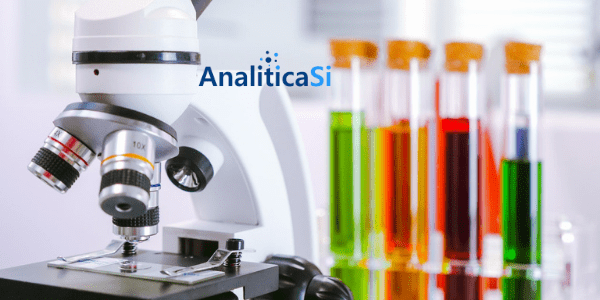Reference Laboratory use management is a complex business management problem. A single technique or process by itself is not sufficient to solve it. Reference laboratories contain unique resources that may be useful to health organizations wishing to improve the use of laboratory tests. These resources include knowledge, data, and cross-institutional relationships.
Knowledge includes deep scientific knowledge of assay performance, physiology, applied clinical research, and practice guidelines. The data includes results in comparative order and data from multiple institutions. Relationships between reference laboratory clients transcend organizational boundaries of healthcare delivery organizations and can facilitate broader information and knowledge sharing.
When local laboratories, hospitals, and clinics leverage these reference laboratory resources, it strengthens their ability to implement local process design and policy-making to improve clinical trial practices.
Healthcare strives towards a more modern, efficient, patient-centered healthcare system. Even though laboratory medicine is a part of that health care, it is neglected and less accepted than other medical disciplines.
How to incorporate the laboratory into the modern health system?
Many changes in the healthcare environment will have a significant impact on laboratory trends.
The patient is increasingly becoming the center of the healthcare system. The UK Department of Health suggested an approach to clinical services by 2020. The main goals are:
- improving information access for the patient,
- accelerating new clinical evidence-based technologies,
- Reshape diagnostic paths towards an easily integrated service.
George Lundberg explains what a laboratory test is: “A laboratory test is an intervention, and any type of intervention (diagnostic or therapeutic) is appropriate only if the potential for benefit is greater than for harm to the patient and r .easonable cost and with reasonable risk”.
Laboratory tests provide information that helps doctors provide better and more effective care for their patients. It is often cited that laboratory results are an integral part of every medical decision.
Laboratory results are the component of 70% of medical claims = 70% of medical judgments = 70% of medical records
Nevertheless, these changes would have a questionable effect on laboratory procedures. The important question is to decide which approach we should take to ensure more relevant healthcare. There are two basic factors affecting the organization of the laboratory:
Significant technological advances (complete laboratory automation, molecular diagnostics techniques, biochips, new generation sequencing, expanding genome studies, PoC solutions, etc.)
Economic pressure limits laboratory budgets, as part of cost-reducing initiatives, causes laboratory service consolidation and regionalization.
Lab errors don’t stay in the lab.
From the patient’s point of view, each error is considered equal, whether it is made in the pre-analytical, analytical or post-analytical phase. Most of the errors are due to various pre-analytical factors outside the laboratory. A large number of errors occur even after the analytical phase.
In recent times, the errors in the analytical phase have decreased significantly. Emphasis is placed on a significant reduction in errors related to immunology tests that can seriously impact patient health conditions.
- An unsuitable test has been ordered (20% of the total)
- An appropriate test has not been ordered (45% of total)
- An appropriate test result is used incorrectly:
- insufficient knowledge
- Failed synthesis (no integration result)
- Confusing results (no information about test limits)


One response
Nice spot, thank you